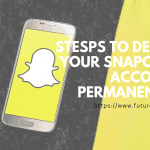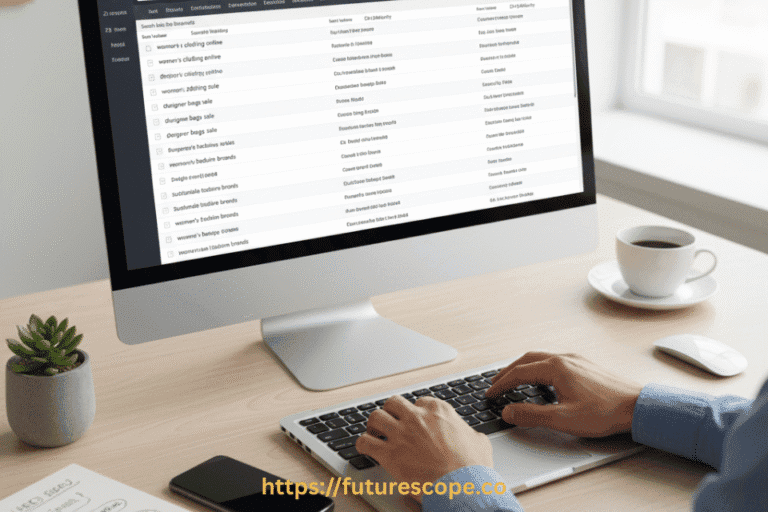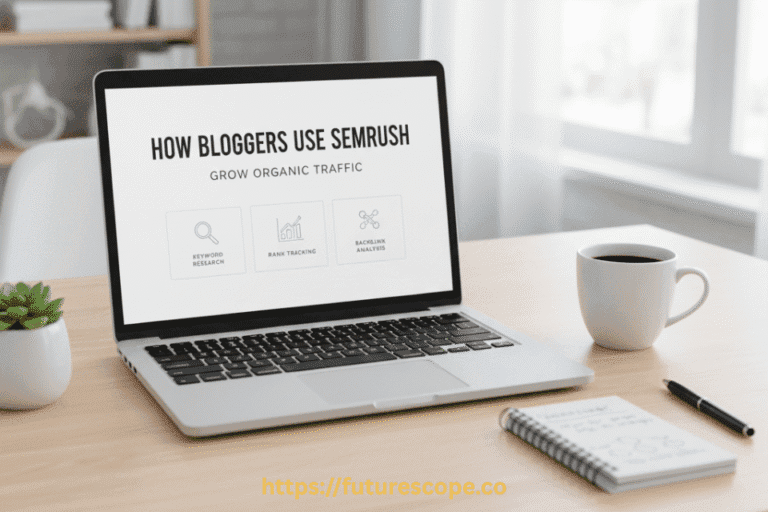No, you cannot use a VPN without an internet connection. A VPN creates an encrypted tunnel between your device and the internet, so without an internet connection, there is nothing for the VPN to connect to.
- Download and install a VPN application on your device
- Open the VPN app and connect to a server location
- Once connected, launch the internet browser or any other internet-enabled application on your device
- Enjoy using the internet without any restrictions!
how to use VPN without any app | use VPN without app | enable VPN without app | #VPN | VPN | AW INFO
Does a VPN Give You Internet?
A virtual private network (VPN) can give you internet access through an encrypted connection. This means that your data is sent through a secure tunnel, making it difficult for anyone to intercept or tamper with your information. A VPN can also help to bypass geo-restrictions, allowing you to access websites and content that may not be available in your country.
Can You Use VPN Without Cellular Data?
A VPN, or Virtual Private Network, is a private network that encrypts and tunnels internet traffic through public servers. A VPN can be used without cellular data if the user has a Wi-Fi connection. If the user does not have a Wi-Fi connection, they will need to use their cellular data in order to connect to the VPN.

Does VPN Work With Cellular Data?
When it comes to using a VPN with cellular data, the short answer is yes – most VPNs will work just fine. However, there are a few things to keep in mind and potential caveats to be aware of. In this article, we’ll take a look at how VPNs work with cellular data and some of the best (and worst) ways to use them.
How do VPNs Work? A Virtual Private Network, or VPN, is a way to create a secure connection over an unsecured network. When you connect to a VPN server, all of your traffic is routed through that server before it reaches its destination on the internet.
This has several benefits: Your traffic is encrypted, so anyone snooping on your connection (including your ISP) can’t see what you’re doing. The VPN server can act as a proxy, so your real IP address is hidden from the sites you visit.
This can be used to get around geo-restrictions or censorship. You appear to be coming from the IP address of the VPN server instead of your own IP address. This can be useful for bypassing firewalls or getting around other restrictions based on IP addresses.
All of these features are useful when using a cellular connection – encryption helps protect your privacy and keeps your data safe from prying eyes, while the proxy features can help you access content that might otherwise be unavailable due to geo-restrictions (like certain streaming services). That said, there are also some potential downsides to consider when using a VPN with cellular data:
Reduced speeds: Because all of your traffic has to go through the VPN server before reaching its destination, there’s inevitably going to be some slowdown compared to not using a VPN at all.
This is especially true if you’re connecting to a server that’s located far away from you – try connecting to different servers and see which one gives you the best speeds. Additionally, many free VPNS have bandwidth caps or throttle speeds for users who aren’t paying customers – so if possible, it’s worth shelling out for a paid subscription if you plan on using your VPN regularly with mobile data.
Does VPN Mean Free Internet?
There are a lot of people out there who are wondering does VPN mean free internet. The answer is yes and no. A VPN, or Virtual Private Network, can give you access to a secure, private network from anywhere in the world.
This means that you can surf the web without worrying about your personal information being intercepted by third-party organizations. However, VPNs are not free. You will need to pay for a subscription in order to use one.
Does VPN Work on Private Wifi?
A VPN (virtual private network) is a technology that creates a private, secure network over a public one. It does this by encrypting all data sent between your device and the VPN server. This means that anyone trying to snoop on your traffic will only see gibberish – even if they are on the same Wi-Fi network as you.
A VPN can be used to protect your privacy when using public Wi-Fi, or to access geo-blocked content such as Netflix or BBC iP layer from abroad. It can also be used to bypass censorship filters put in place by ISPs or government agencies. VPNs are not 100% foolproof, however.
They can sometimes slow down your internet connection, and they may not be able to bypass all forms of censorship (such as the Great Firewall of China). But for most people, they are a valuable tool for protecting their online privacy and security.
Conclusion
Yes, you can use a VPN without an internet connection. However, you will need to have another device that is connected to the internet in order for the VPN to work. This can be done by connecting your device to a mobile hotspot or using another WiFi connection.








